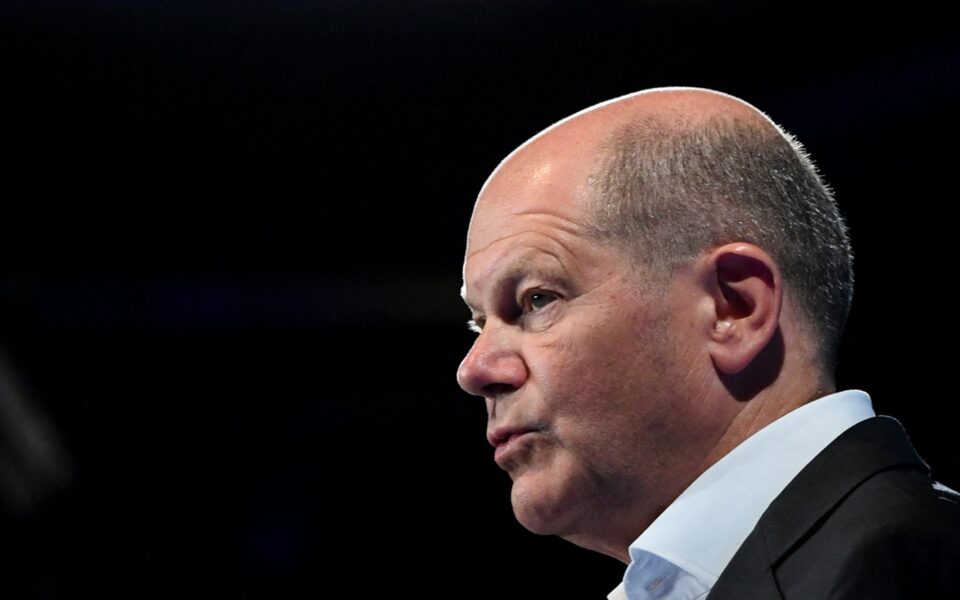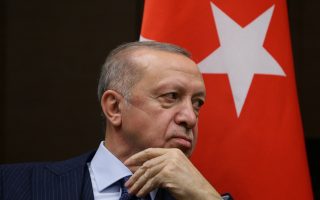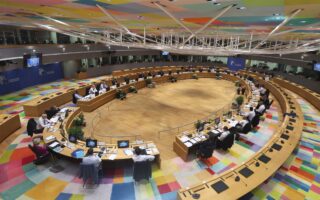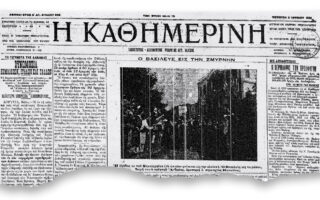The Balkan chessboard and notable absentees

The hosting of this year’s annual Summit of the South East European Cooperation Process (SEECP) in the northern port city of Thessaloniki bolsters Greece’s international image as a factor of stability in the Balkan and Eastern Mediterranean regions.
Reporting in Balkan capitals ahead of Friday’s summit revealed that Greece’s northern neighbors have moderate expectations of the event. This should come as no surprise. Forums of this kind are organized so that political leaders get an opportunity to get together and hold discussions. It helps keep channels of communication open, which is very important, especially at times like this.
Eyes will on Friday be fixed on German Chancellor Olaf Scholz and the European Union leadership which will be represented at the highest level by the president of the European Council, Charles Michel, and the European Commission head, Ursula von der Leyen. European officials are expected to (once more) reassure Western Balkan states that the EU gate is still open for them. They will most likely call for patience as well as reforms.
That said, the presence of certain leaders and ministers is anticipated with much interest. Observers are waiting to see if the German leader will raise the issue of Greek-Turkish relations as a source of tension in the Balkans, or if he will avoid broaching the subject. Whatever he choses to do, Berlin’s stance will inevitably be a topic of discussion. The presence of Serbian President Aleksandar Vucic will also be raising eyebrows as he is viewed as Russian President Vladimir Putin’s man in the Balkans. The Serbian leader is of course under considerable strain as pressure on him to pick sides in the geopolitical strife between Russia and the West is mounting.
Faruk Kaymakci, a deputy Turkish minister of foreign affairs, will be replacing President Recep Tayyip Erdogan, the most notable absentee from Thessaloniki. It will be interesting to see whether he choses to rehash Erdogan’s revisionist manifests and threats to Greece before regional and European leaders at the forum.
Focus will, finally, be on the host, Kyriakos Mitsotakis. Greece’s conservative premier will naturally reiterate Athens’ warm backing for the European membership ambitions of the Western Balkan states. More important, however, is the role (and the responsibility) that Greece (and Mitsotakis’ government) have shouldered in the energy supply of countries in Southeast Europe. It is the most burning issue for Balkan societies and economies; and their leaders will be keen to hear what the Greek leader has to say.
Greece’s south-to-north pipelines (Komotini, Thessaloniki) and roadways, enabling the transfer of natural gas and all sorts of cargo, can restore Greece’s role as a leading player in the Balkan peninsula.




